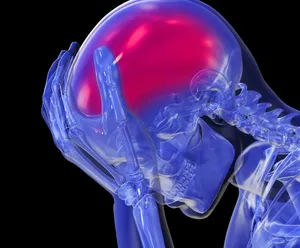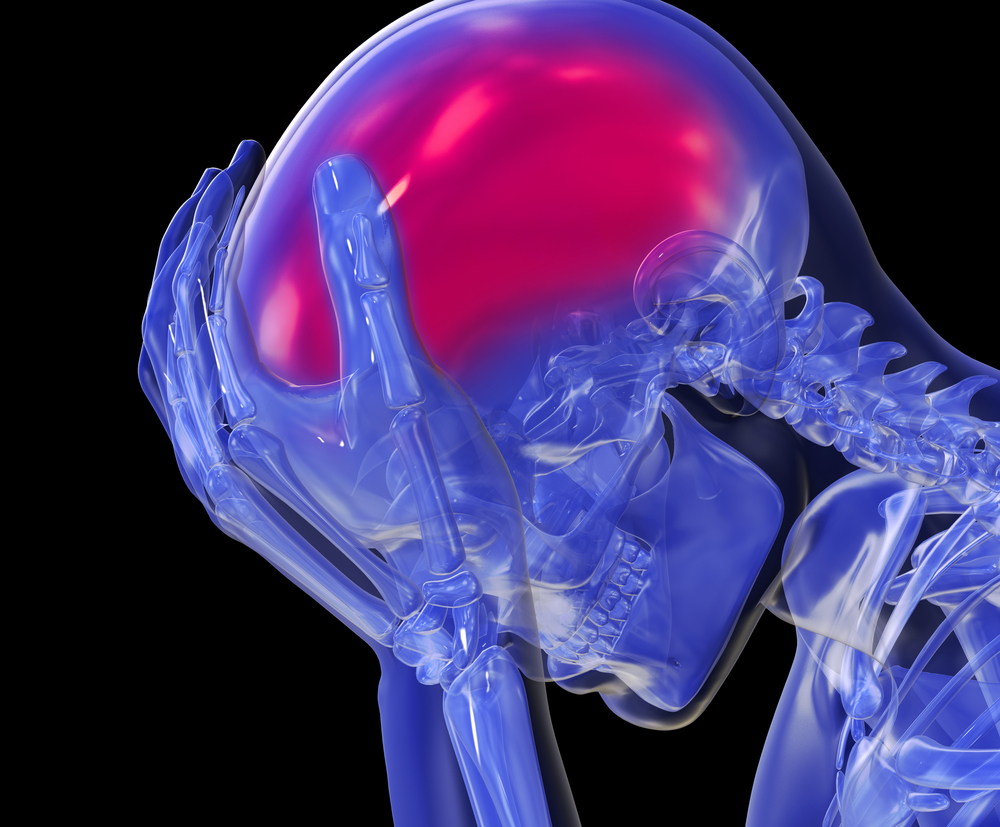
The study found that a protein IL-1B works to block memory receptors which caused loss of memory in mice test subjects. This protein stimulates greatly release of the gamma aminobutyric acid A receptor, alpha 5 protein. However once the mice were treated with a drug that worked to block IL-1B the mice recovered their memory. These promising results could help develop a cure for memory loss in the near future.
The study which was published in the journal Cell Reports provided an explanation for loss of memory and has suggested a process in which it could be reversed. The researchers are hopeful that a clinic trial into treating memory loss caused by surgery will be conducted soon. If successful this study could result for new treatments for a number of different conditions including strokes, and Alzheimer’s. This research into memory loss and potential treatments is being funded by the Canadian Institutes of Health Research.
Source: The Globe And Mail



